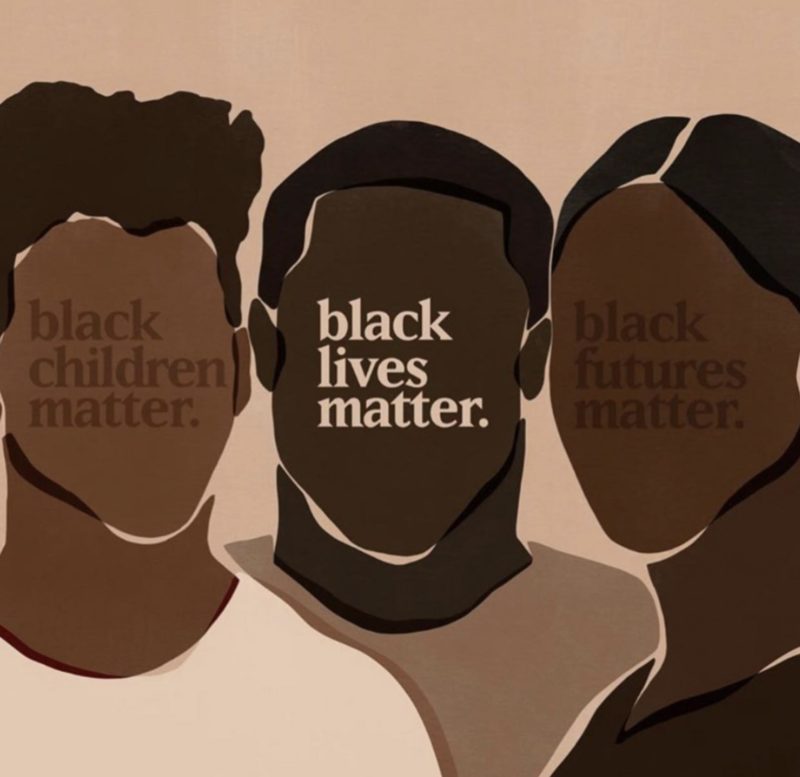Luke Pollard MP Member of Parliament for Plymouth Sutton and Devonport

As Black Lives Matter protests have swept the nation the last fortnight, heightened calls has been made to address the gaps in the school curriculum by including a more balanced account of black British history. Structural racism exists in the UK, and there is a need to have a frank and open discussion about how we correct these structures that continue to treat people differently because of their skin colour. A way to do that is through education.
The 1999 Macpherson report, which was written following the racially motivated murder of Stephen Lawrence, highlighted the need for a diverse school curriculum. However, twenty years on nothing has been achieved. The 2019 Labour Party manifesto included a proposal to teach black history in our schools. This intervention sought to recognise that education is the key to addressing racism in a sustainable way.
Luke Pollard MP for Plymouth Sutton and Devonport said:
“No-one is born a racist. Racism is a learnt behaviour. Education can be a critical tool in remedying Britain’s structures of systemic racism and injustice. We have much to be proud as a nation. But the legacy of slavery, discrimination, homophobia and racial hierarchy that we, as a nation, created all around the world means we have a special responsibility to do better and initiatives focusing on school curricula is the right place to start.
One way we can do this is not whitewashing our history and teach the truth of the British empire in our schools to enable our leaders of tomorrow to learn from the mistakes of the past. We have an incredible maritime history in Plymouth, and we are very proud of this heritage. We cannot change history, nor do we seek to, but we do need to tell our full story, not selective accounts. Teaching our full history means addressing those areas that we have not always spoken about. We can use it as a reminder of the atrocities, and as a way of remembering the victims of slavery and oppression.
Change can only begin to happen when society understands the facts of colonialism and how its legacy still underpins our current economic and legal structures, as well as beliefs and patterns of behaviour present in our community. We need to raise the voices of BAME authors in the curriculum to help children understand racism. We need to acknowledge that the BAME community has enriched our understanding of life and put their voice on a platform equal to those of white communities. By providing every young person in the UK with an understanding of our history, can we progress as a country.
As a city, we need to be more vocal about some of our own great achievements, whether that is Jack Leslie, a prolific Argyle player and still the 4th highest goal scorer for the club who was denied an England spot because of the colour of his skin, or Jimmy Peter who played for Albion and faced similar discrimination denying him a place on our national side too. We need to re-tell their stories while understanding the injustices of the past.
The arch of human history is one towards progress, but it will not stay that way if we are silent. It’s not enough to be against racism passively we have to be anti-racist and actively so. We all have to call racism out whenever we see it, and that is especially true of those in public life. I have been communicating with the black leaders in our community and have issued a call for them to share their experiences in Plymouth and say why Black Lives Matters here. I am using the platform and privilege that I have to amplify black, and BAME voices in Plymouth and I hope that this helps raise awareness and confronts the obstacles that deny our fellow citizens opportunities simply because of the colour of their skin or their background.”
